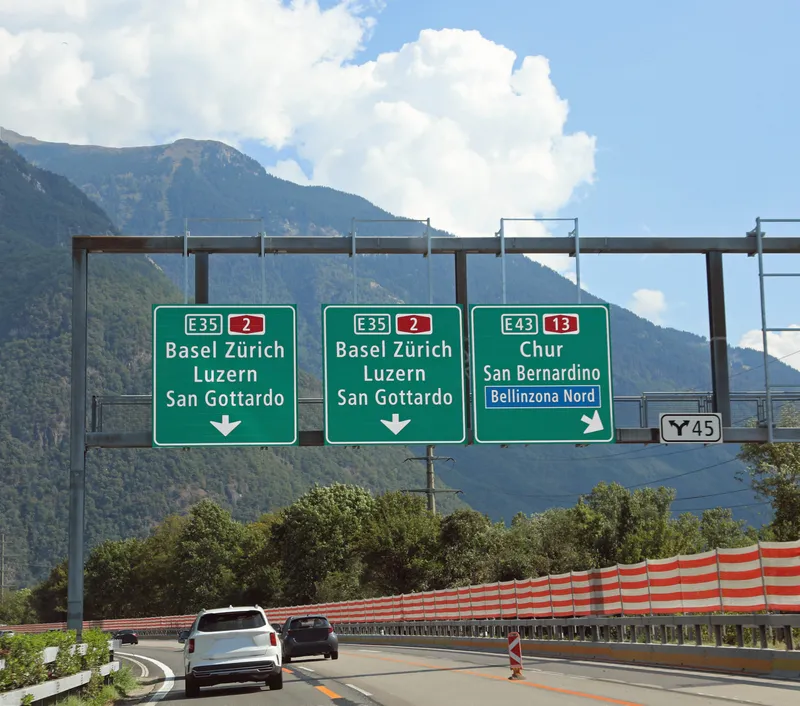Italian automaker Fiat Chrysler Automobiles (FCA) is merging with Peugeot owner Groupe PSA in a move that will combine their capabilities in sustainable mobility.
FCA is to incorporate its technologies with the French manufacturer in areas such as electrified powertrain, autonomous driving and digital connectivity.
FCA says the merger will generate revenues of €170 billion, an operating profit of more than €11bn and savings of €3.7bn without any factory closures.
The deal would also unite the co
November 7, 2019
Read time: 1 min
Italian automaker Fiat Chrysler Automobiles (FCA) is merging with Peugeot owner Groupe PSA in a move that will combine their capabilities in sustainable mobility.
FCA is to incorporate its technologies with the French manufacturer in areas such as electrified powertrain, autonomous driving and digital connectivity.
FCA says the merger will generate revenues of €170 billion, an operating profit of more than €11bn and savings of €3.7bn without any factory closures.
The deal would also unite the companies’ brands across luxury, premium, mainstream passenger cars, SUVs and trucks.
PSA’s chief executive Carlos Tavares will become CEO of the new company for an initial term of five years as well as a member of the board, which will be chaired by FCA’s chair John Elkann.










